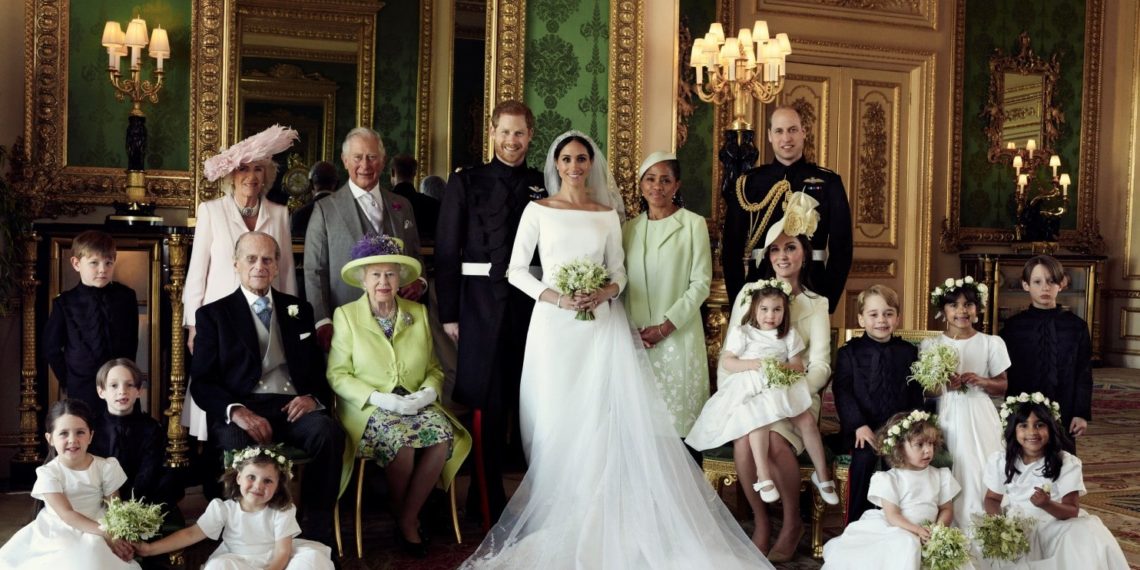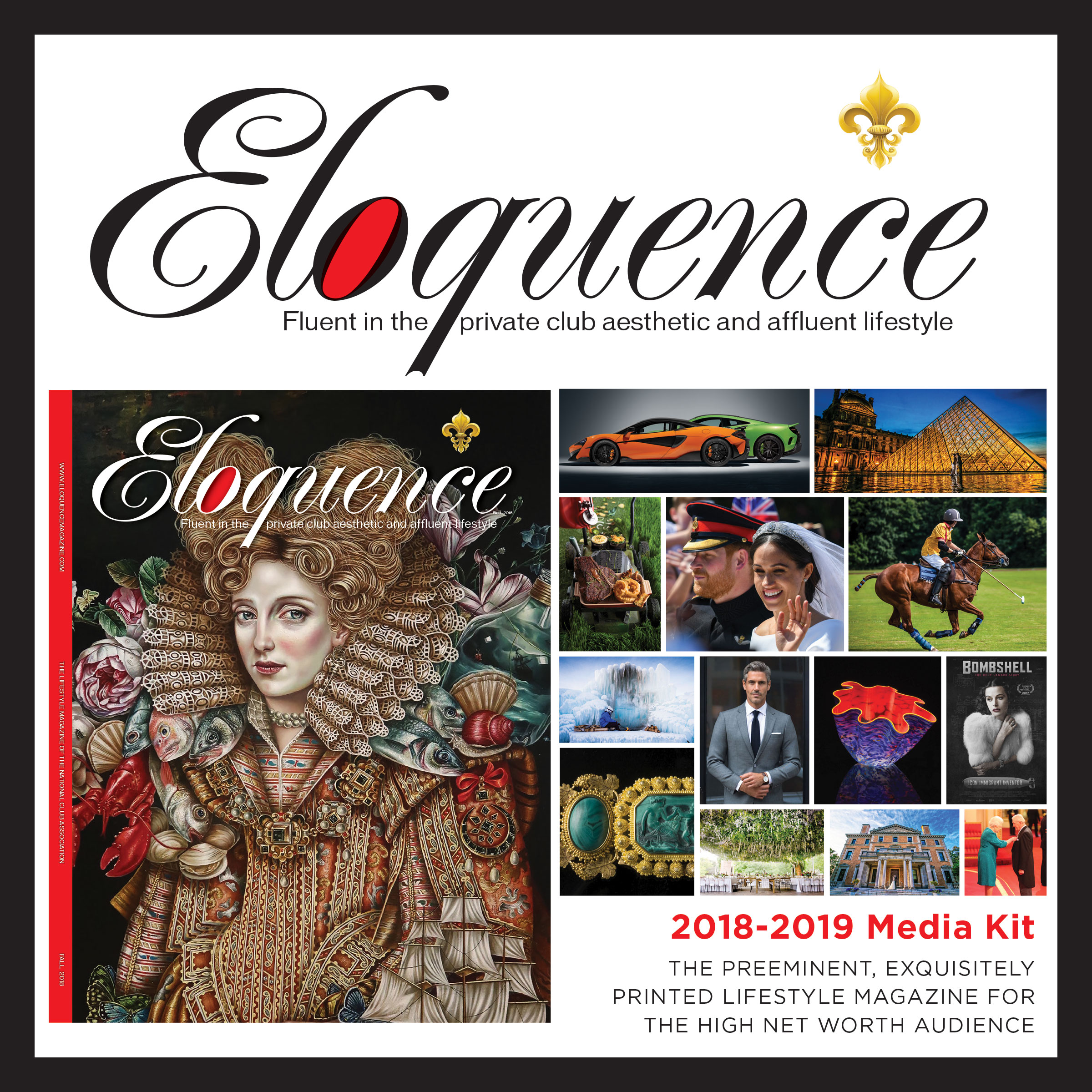By John D. Adams
There are some events that are so rare, so special, that it seems the entire world stops to take notice. A British royal wedding is one of these events. Ask your grandparents and great grandparents where they were when they witnessed their first royal wedding. Even here in the United States ― “across the pond.” They will remember.
On May 17, 2018, the world was again treated to one of these gala spectacles. The wedding of Prince Harry to American Meghan Markle was arguably even more important than any that came before. If even just 20 years ago, you were to posit that a direct member of the Royal Family would be permitted to marry a woman who is not only an American, but divorced, and a person of color, too? Well, it wouldn’t have even been contemplated.
What Great Britain and the Windsors emphasized was an unspoken acknowledgement that our world has changed. The faces of our families have changed. Specifically in London, where nearly one-third of the population is foreign-born and 41 percent are black or other minorities. An important step forward in the ongoing fight for equal human rights? Perhaps.
We sat down with Dr. James Espey, Order of the British Empire (OBE), to explore his thoughts about this most important cultural shift. By the time we finished, we had contemplated a brief history of Great Britain and her colonies; explored Espey’s own family tree to illustrate the evolution of social mores; and come away with a greater understanding of our shared genetic diversity.
This Is James Espey
A unique, almost imperceptible sing-song quality in his otherwise recognizable British accent only adds to the pleasure of meeting James Espey. Within five seconds, it is clear that Dr. Espey is a proud citizen of the British Empire and an ardent supporter of the British monarchy. His is clearly a seasoned entrepreneur and natural raconteur.
Espey’s alphabet of titles makes it difficult to light upon a proper appellation. As a young man, he obtained B. Com and MBA degrees. He later completed two action learning PhDs in Marketing and Strategic Planning. And then, in June 2013, he was awarded an OBE for services to the whisky industry on the Queen’s Birthday Honors List.
“On the two occasions I have met her personally,” remarked Espey, “she looked me straight in the eye, listened thoughtfully and attentively, and truly seemed interested in what I had to say. She is an extraordinary leader.”
So what to call James Espey? Doctor? Sir James? Sir Espey? Mr. Espey? Sir Dr. James Espey? “How about James?” He remarks, interrupting himself briefly before resuming a recap of his remarkable career in the whisky industry. “I was involved in the creation of The Keepers of the Quaich, Scotland’s leading Whisky Society, which honors those who make a contribution to this great industry. And I was Chairman at the turn of the century …” James’ profession resume is impressive ― he has spent more than 50 years in business, beginning with the grocery trade before moving into the liquor industry. He was been an executive with Seagram’s, he was the president at Diageo, and he is also known for launching Le Piat D’Or, Malibu, The Classic Malts, Chivas Regal 18, the Johnnie Walker Blue Label, and more. In recent years, James launched The Last Drop Distillers, and now works tirelessly to help spread the word about mental illness, through The Shaw Mind Foundation (www.shawmindfoundation.org). “It’s the most important work I will do in my life.”
“I think the monarchy, as an example, is changing dramatically and Harry and Meghan will be great advocates for a correct and respectful society where, irrespective of your race, creed, color, background, or religion, tolerance is accepted.” James Espey
An Intercontinental Family
As we spoke with James Espey, it became clear that his own family history could act as suitable elucidation of the far-reaching cultural ties Great Britain has developed with the rest of the world. “At the risk of putting you to sleep,” he chuckled, “if I look at my own family background, albeit white, it is certainly very global, going back quite some time. My grandfather, Thomas Espey, came from Northern Ireland, settled in South Africa, joined the South African Infantry and was killed in the First World War in France, after surviving Passchendaele and Delville Wood. On the other side, my mother’s father, Neville Nightingale, came from Australia and fought in the Boer War and settled in Northern Rhodesia, which is north of South Africa. Both my mother’s parents died when she was a baby and she was thus brought up by her grandparents. Her antecedents, the Powells, arrived in South Africa in 1800 and my great grandfather, John Powell, was the Postmaster of the Rondebosch Post Office in Cape Town and the great Cecil Rhodes asked him to open up the telegraphy to Bulawayo. My family had the first house with a tin roof in Northern Rhodesia and indeed that person brought up my mother because as mentioned, her parents died when she was a baby.”
“If I go to my wife’s side, her mother was born in Argentina because her father worked for Shell, albeit totally English. Celia was born in Costa Rica. She came to England and finished here education here when her father died. My daughter Beanie, who runs the whisky business, is fluent in French, Spanish and Italian and my other daughter, Jessica, works for the United Nations and lives in America; and my grandson, Toby, was born in New York.”
An Indelible Monarch
The 1990s saw the Monarchy critically wounded from an “optics” point of view. Three of Queen Elizabeth’s children were divorced; Prince Charles’ divorce from Diana being the most striking. With the sudden death of Diana in 1995 and the subsequent lack of immediate response from the Queen, it was a critical moment.
But with the Queen’s longevity (she is now 92 and the country’s longest-serving monarch), and unwavering work ethic, she has weathered that grim period. With her enormous breadth of global experience, her acceptance (and her obvious, genuine affection for Meghan) are imperative to usher in this new, culturally aware, upbeat Britain.
“I think what people don’t appreciate is: Not only is The Queen head of the Commonwealth, but she is respected throughout the world, and I know this is the case for many Americans,” remarked Espey. “She speaks to everyone with absolute charm and focus. I have met her on two occasions and each time she looked me in the eyes and spoke as if I was important. She is this most marvelous lady and in the book I have published I regarded her and Mandela as the two greatest people as brands in my life.”
A Wedding to Unite the Global Village
To understand the gravity of impact this royal wedding had, it is vital to understand a bit of royal wedding history. Espey is an illuminative orator. He began: “If you remember, King Edward had to resign because of his marriage to Wallace Simpson, an American. But things have changed dramatically in the last 30 to 40 years. When Charles married Diana and got divorced; and while he is now happily living with Camilla, a divorcee, we don’t know whether she will become Queen or his consort. Now of course we have the exciting marriage of Meghan Markle to Harry.”
Espey paused for a moment. “We are all living in a global village. Wherever we come from, we must have respect for people from different cultures, different backgrounds, and different countries. I think the monarchy, as an example, is changing dramatically and Harry and Meghan will be great advocates for a correct and respectful society where, irrespective of your race, creed, color, background, or religion, tolerance is accepted.”








